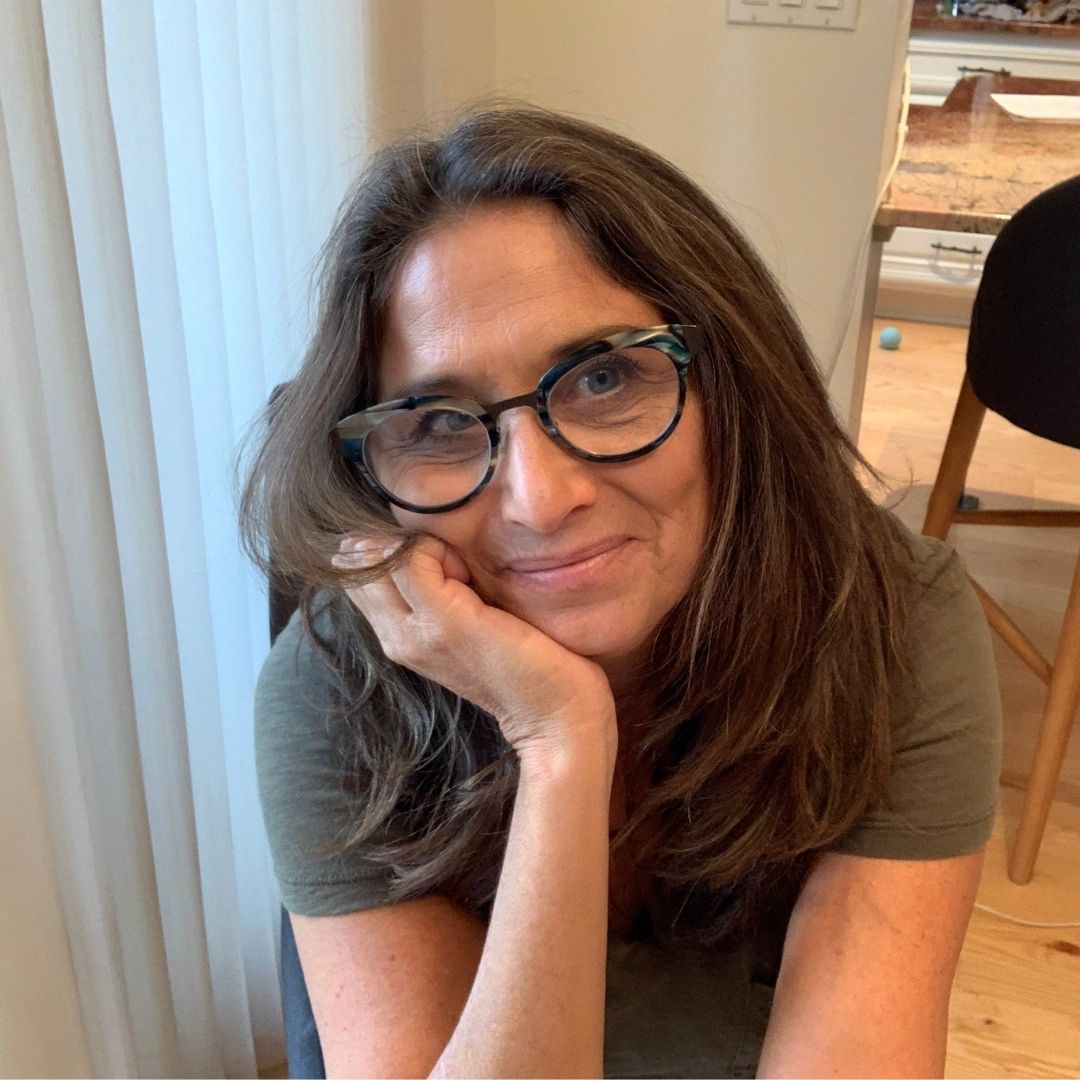Will You Be Ready For The Next One?
Back at the beginning of the pandemic, our little Central American country felt like it was overrun with people from all over the world trying to find a safe place to see out the lockdowns.
Each nationality brought with them their own stories about corruption, cover-ups and conspiracy theories.
I listened with an open mind to all of them, the 5G linked to the nanobots in the nasal swabs was a personal favorite of mine, but some of them are panning out to be more fact than fiction.
There have been a series of articles in the UK paper “The Telegraph’ that shows how the Wuhan Virus leak was the most likely cause. The leaking of the “lockdown files” shows how the decision to mask children was mainly political. That the excess deaths that came from the lockdowns are way higher than expected and we now have more clarity on just how harmful it was to shut down schools and lock down countries.
Also, we are clearer on the virus, as Esther Mcvey articulates
“Moreover, we must not forget that the severity of the disease ended up being much lower than our politicians had made out. While Michael Gove told us in March 2020 that “we are all at risk”, Prof Mark Woolhouse, an infectious disease expert, points out we knew that the virus was “highly discriminatory” as early as February 2020, with age and comorbidities being the crucial factors.”
Of course, it’s easy to point fingers in retrospect but as the UK gears up for a Covid inquiry it looks like they will be focusing on the small details like whether or not lock down should have happened a week earlier rather than whether or not it should have happened at all.
What can we learn from this?
Comorbidities were and are the biggest risk factors when it comes to succumbing to illness, whether it be COVID or as we are being prepped for..."the next one".
What I learnt was that in most countries
our access to healthcare is not guaranteed.
Our access to the outdoors, fresh air, and high-quality food isn’t guaranteed...Oh don't forget toilet roll -I remember you horders...I noted your names in my little black book....
But as the phrase goes, we should be ‘making hay while the sun shines’.
- If you are overweight or obese now is the time to address it.
- If you have high blood pressure now is the time to figure it out.
- If you are underweight or have digestional issues, now is the time to address it.
- If you are lacking strength and muscle mass (probably one of the biggest predictors of all-cause mortality...aka dying) now is the time to get strong.
- If your blood work isn’t optimal (assuming you actually know) now is the time to make the lifestyle changes to correct it.
I believe that “your lifestyle is your medicine”, and what you do today will set you up for success in the future. The hard work you put in now might just be the difference between you needing hospital care (when it’s not available) or thriving.

